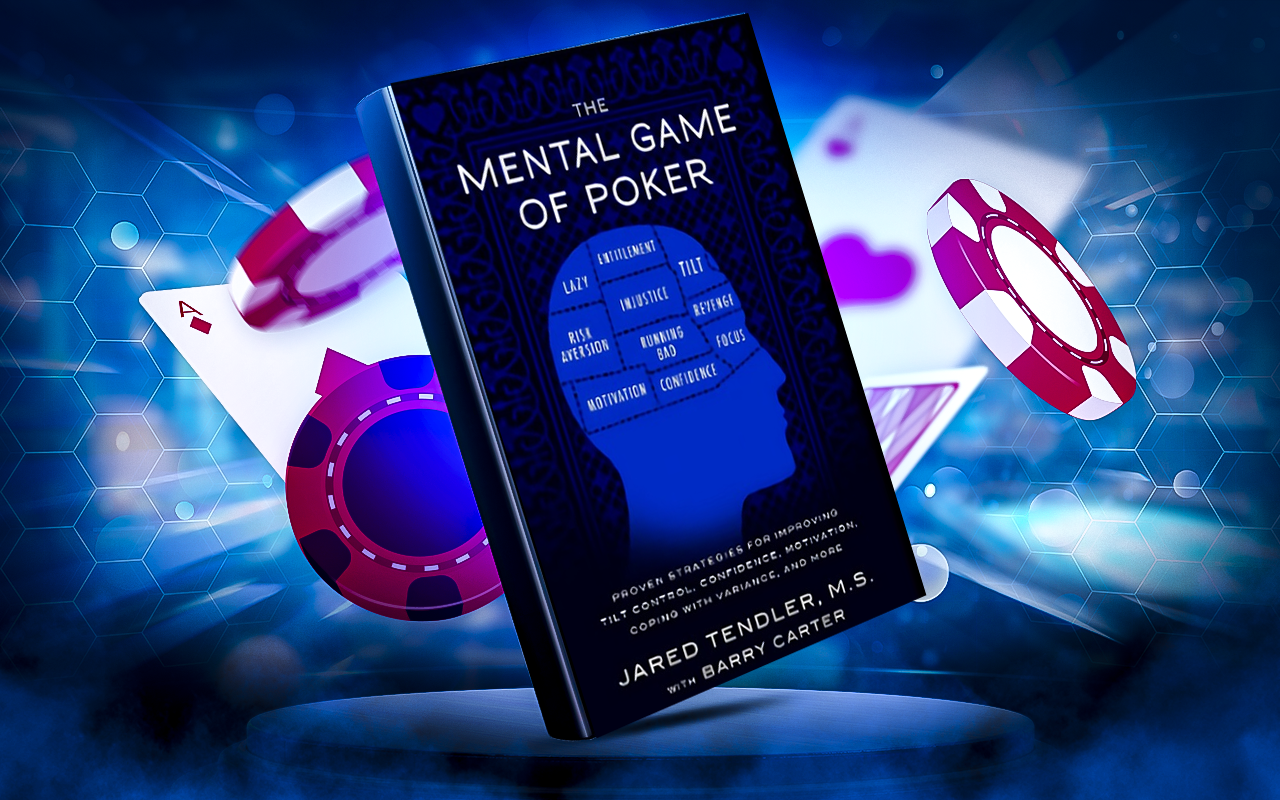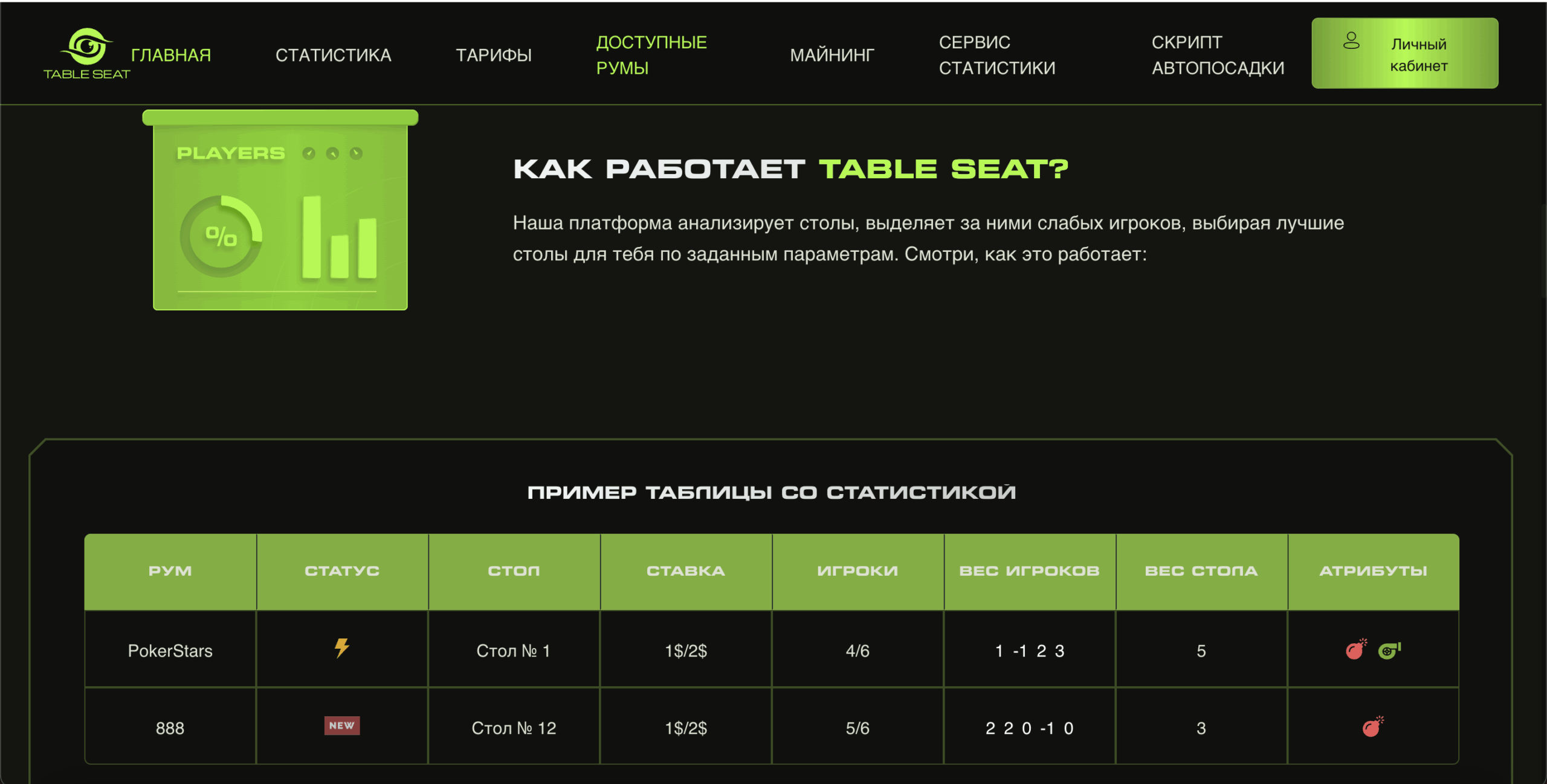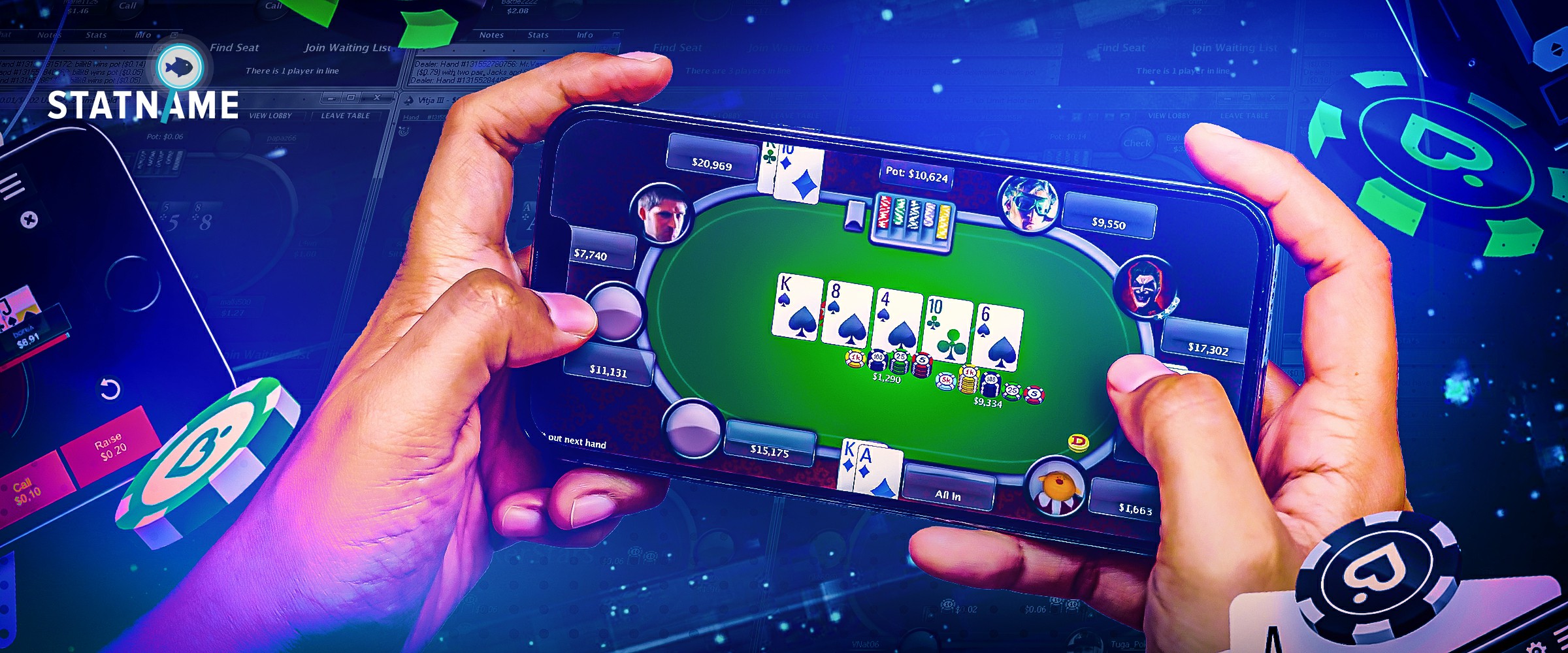Игра в покер — это не просто комбинации карт и стратегии ставок. Важную роль здесь играют психология и подход к обучению. Если у вас были проблемы с тильтом, страхом перед проигрышем или потерей мотивации, возможно, стоит пересмотреть свои методы обучения и игровые привычки. Вот три ключевые теории, которые помогут вам не только лучше понимать процесс обучения, но и совершенствовать свою игру.
🔍 Модель обучения взрослой личности
Эта теория описывает четыре этапа обучения: от неосознанного незнания до автоматического применения знаний. Например, вы можете даже не догадываться о своих слабых местах (неосознанная некомпетенция) или осознать их, но пока не знать, как их исправить (осознанная некомпетенция). В конечном итоге, через практику и анализ, вы доходите до стадии, когда действия становятся автоматическими и вам больше не нужно задумываться о каждом шаге (неосознанная компетенция).
📈 Концепция землемера
Эта теория показывает, как постепенно происходит улучшение вашей игры. Представьте себе, что ваш игровой процесс — это движение землемера: вначале передняя часть поднимается, а потом подтягивается задняя. Ваши лучшие решения становятся еще лучше, но важно не забывать подтягивать и слабые стороны, чтобы двигаться вперед целостно.
🔄 Процессуальная модель
Это пятиступенчатый цикл, который помогает структурировать вашу игру и обучение:
- Подготовка: настройка перед сессией, разминка, повторение целей.
- Игра: сам процесс игры.
- Результаты: оценка итогов сессии.
- Оценка: анализ ошибок и сильных сторон.
- Анализ: углубленная работа над выявленными проблемами.
Эти три теории помогают вам понять, что ошибки и регресс — естественная часть процесса обучения. Главное — структурировать свой подход, регулярно анализировать свою игру и работать над улучшением.
Практические задания для улучшения понимания 🧠
- Определите свой уровень компетенции: Возьмите одну игровую ситуацию, в которой вы часто ошибаетесь, и определите, на каком уровне компетенции вы находитесь (неосознанная некомпетенция, осознанная некомпетенция и т.д.). Попробуйте найти информацию или тренировки, которые помогут вам перейти на следующий уровень.
- Анализ диапазона игры: Оцените свою А-игру и С-игру по шкале от 1 до 10. Подумайте, что помогает вам достигать А-игры и какие ошибки вы допускаете в худшей своей игре. Сфокусируйтесь на улучшении слабых сторон.
- Создайте план подготовки перед игрой: Разработайте список действий, которые помогут вам лучше подготовиться к игровой сессии (например, медитация, визуализация сложных игровых ситуаций, повторение стратегий). Следуйте этому плану перед каждой сессией и оценивайте его эффективность.
- Проведите ревизию своей последней игровой сессии: После игры выделите время на анализ. Обратите внимание на ключевые ошибки и успешные решения. Напишите краткие выводы и подумайте, как избежать этих ошибок в будущем.
Используйте эти задания, чтобы лучше понять и закрепить изученный материал, и вы увидите, как ваша игра в покер выходит на новый уровень! 🃏💪
Не пропустите продолжение! Подписывайтесь на наш Телеграм-канал, чтобы следить за новыми статьями по психологии покера.




